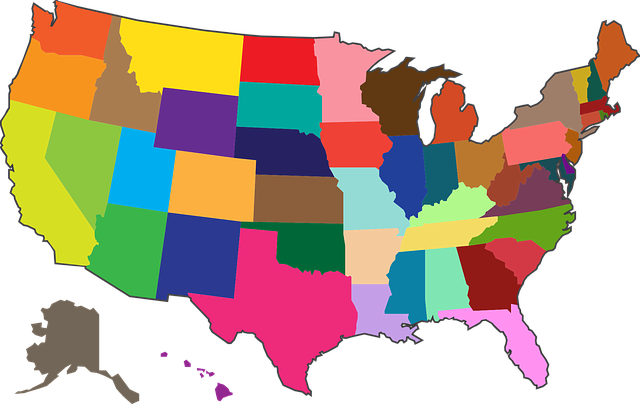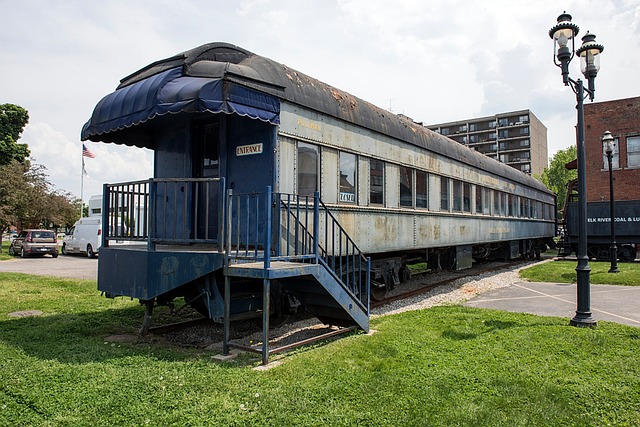The Do Not Call Registry in West Virginia empowers residents to block intrusive telemarketing calls by registering their phone numbers. While it reduces but doesn't eliminate unwanted calls, many misconceptions surround its effectiveness and scope. Do Not Call lawyers in Huntington offer guidance on registration, removal, and rights protection, clarifying limitations and benefits. Success varies; some suggest expanding the registry's reach and stricter penalties for violators. For persistent telemarketing despite national and state listings, specialized West Virginia Do Not Call lawyers advocate for residents' rights through complaints, legal action, and damage claims.
Huntington residents are voicing concerns about the effectiveness of the Do Not Call Registry, particularly in protecting them from unwanted telemarketing calls. This article delves into the legal perspective for West Virginia residents, exploring common misconceptions and the real-world impact of the registry. We examine success stories and areas for improvement, and provide guidance on how both lawyers and citizens can enhance its effectiveness, ensuring a quieter, more peaceful environment for all West Virginia residents.
Key topics include understanding the Do Not Call laws, addressing resident concerns, and the crucial role of legal professionals in supporting these efforts.
Understanding the Do Not Call Registry: A Legal Perspective for West Virginia Residents

The Do Not Call Registry is a legal mechanism designed to protect citizens from unwanted telemarketing calls. In West Virginia, residents can register their phone numbers with this registry to prevent incoming sales or promotional calls. This initiative is not merely a consumer protection measure but also a reflection of the state’s commitment to upholding individual privacy rights.
Understanding the law behind the Do Not Call Registry is crucial for West Virginia residents. Do Not Call lawyers in West Virginia play a vital role in ensuring compliance with these regulations. They assist individuals in registering their numbers, managing removal requests from telemarketers, and offering legal advice when rights are violated. By familiarizing themselves with this legal framework, Huntington residents can better navigate their privacy protections and take necessary actions if they encounter persistent or unauthorized calls.
Common Concerns and Misconceptions Among Huntington's Citizens

Many Huntington residents have concerns about how the Do Not Call Registry actually works and its overall effectiveness in protecting them from unwanted calls, especially those from telemarketers. Some citizens mistakenly believe that simply registering their number will automatically block all marketing calls, which is not entirely accurate. The registry serves as a national database, but it doesn’t guarantee a complete halt to telemarketing calls; it merely reduces their frequency.
Another common misconception is that the Do Not Call laws only apply to sales calls. In reality, these regulations protect against any unwanted telephone solicitations, including political campaigns and non-profit organizations. Huntington’s citizens often want to know if registering with the Do Not Call Registry will impact their ability to receive important messages from local businesses or government agencies. Assuring them that necessary communications are still permitted is crucial for dispelling this concern among West Virginia’s Do Not Call lawyers suggest providing clear, accessible information about the registry’s limitations and benefits.
The Impact of the Registry: Success Stories and Areas for Improvement

The Do Not Call Registry in West Virginia has had mixed results, with some residents reporting significant reductions in unwanted calls, while others remain frustrated by persistent telemarketers. Success stories abound, especially among those who have made their numbers public and strictly adhere to the registry rules. These individuals find themselves considerably less disturbed by sales pitches and other unsolicited communication, leading to a calmer home environment.
However, areas for improvement exist. Some residents suggest expanding the reach of the Do Not Call Registry, including more types of calls and businesses. They also advocate for stricter penalties for telemarketers who ignore the registry, empowering West Virginia’s Do Not Call lawyers to play a crucial role in enforcing these regulations. Such measures could further enhance the effectiveness of the registry, offering residents greater peace of mind and ensuring that their privacy is respected.
Taking Action: How Lawyers Can Help and What Residents Can Do

Huntington residents facing relentless telemarketing calls, despite registering on the national Do Not Call list, have a right to seek justice. In West Virginia, Do Not Call Lawyers can play a pivotal role in advocating for their clients’ rights and holding offenders accountable. These legal professionals are equipped to navigate complex regulations and take appropriate action against violators.
Residents concerned about the effectiveness of the registry can reach out to local attorneys specializing in telecommunications law. They can file complaints, initiate legal proceedings, and even seek damages for harassing calls. Additionally, staying informed about one’s rights and regularly reviewing call records can be powerful tools in combating unsolicited calls.






